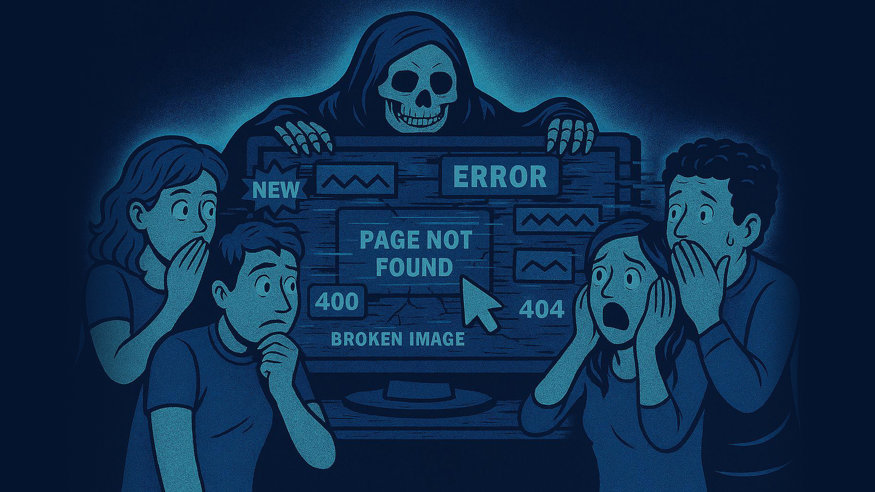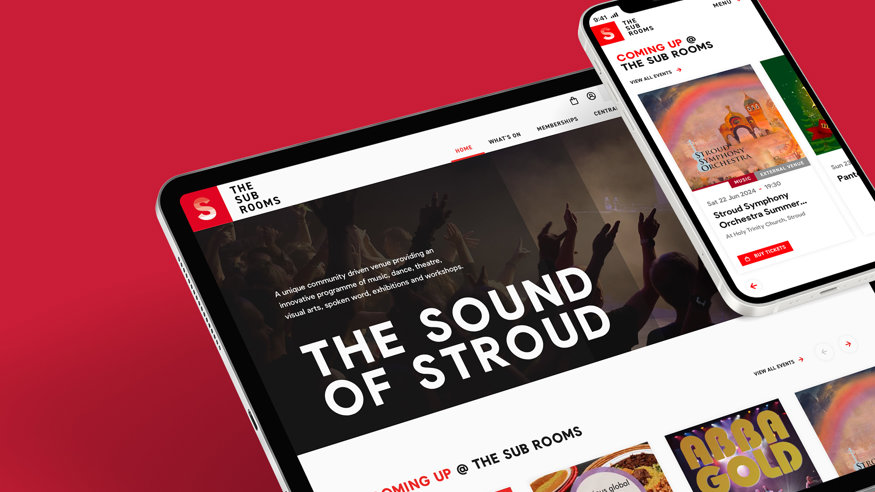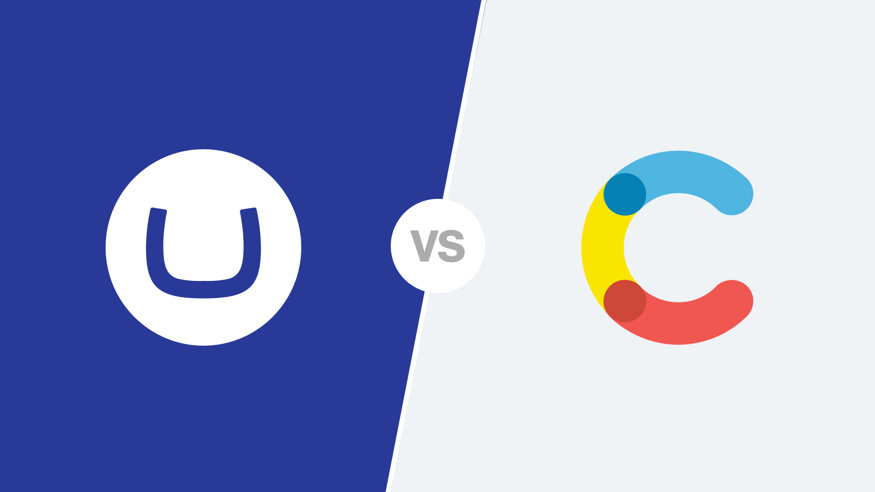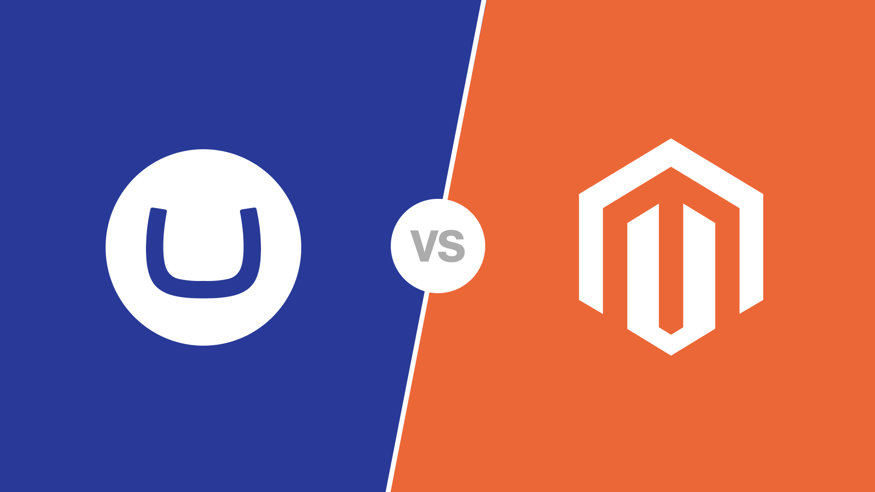The Benefits of Selling Online

Now, more than ever it is essential to be trading online. If you’re a retail business owner, big or small, you must be concerned about what effect the current epidemic will have on your costs and your business as a whole. Well, one place to cut costs isn’t your website.
It’s an unfortunate fact that high street locations are generally expensive to run, rent and staff. As much as everyone hates to lose their local amenities; if it’s a decision you do make, it’s by no means the end.
At the moment, trade is increasingly moving online, with The Guardian predicting in 2019 that half of UK retail sales will be online within 10 years; with this set to thrive even further now as people isolate themselves in their homes. In fact there are plenty of retail businesses these days that operate entirely online. ASOS.com was established 20 years ago and is now one of the leading fashion retailers in the UK, all without a single brick and mortar store.
There are so many benefits to trading online, some more obvious than others. Take a look at the points below and think about the impact it could have on your business:
Opening hours
Beginning with an obvious one, but your online store is open 24/7, not a single bank holiday off. If a customer sees all the information and options online on a lazy Tuesday night in front of the TV, they can continue to browse at their leisure until they find a product they want, with no closing time.
Location
This brings us swiftly into location, for an online business, your store is situated exactly where the customer wants it to be. In their own living room as above, maybe on the train to work or at the gym. Your customers can browse wherever, whenever they want.
Data analysis
Speaking of browsing your store, it’s far easier for you to know which of your products are being looked at. So, aside from sales figures, you now have a world of Google Analytics to work with. This can tell you which items aren’t getting the love you thought they would, it can also lead to showing you there’s a product that needs some change, if sales are down yet page clicks are high or average, you now know you need to investigate why that item isn’t creating sales.
New customers
The SEO on your website means you could continue to gain new followers organically through their searches. Strong SEO pushes your site higher up the results page and if you have what someone is searching for, this is the best way for them to find you without advertising or remarketing.
Search bar
If you have regular customers who come to you for their relevant needs, it would be quicker for them to type in the item they need in a search bar than to find it in a store. You would need knowledgeable staff to be able to do this in a physical store.

Share article:

2026 | Digital trends and predictions
Based on current trends and developments across the digital landscape, predictions suggests that 2026 will be shaped less by new technologies and more by how mature ones are applied— primarily driven by embedded AI, simpler digital experiences, evolving search behaviour, and rising expectations around privacy and trust. This blog explores the key areas where these shifts will be most visible.
Read more
How to avoid website project horror stories!
Maybe you've been there before, maybe this is your first time creating a website. We have seen website projects at all stages turn from dreams into nightmares very easily, often being the ones at the other end helping our soon to be clients put it back on the right path.
Read more
The future is bright for the Sub Rooms
New website and Spektrix integration helped Sub Rooms turn a corner
Read more
Website builders vs bespoke: which is right for your business?
In a digital-first world, a company’s website (and its overall effectiveness) is of paramount importance, serving as both the first impression and initial introduction to a brand. Traditionally built from the ground up by experienced developers, website creation has become increasingly accessible, primarily due to the rise of website builders such as Squarespace, Wix, Weebly, and Webflow, These platforms offer powerful tools, sleek templates, and rapid setup options, without the need for direct developer involvement. However, for businesses with more complex or unique requirements, they can be limiting, with many instead opting for bespoke development tailored to the specific project goals, workflows, and user experience. This blog outlines the pros and cons of each –off-the-shelf website builders vs bespoke development.
Read more
16i x Spektrix | Partnership announced
We’re incredibly proud to become a certified Spektrix partner. Having worked with a variety of arts organisations over the years, we know how vital it is to connect digital platforms with the ticketing and CRM systems they rely on.
Read more
Spektrix: a detailed guide
Utilised by a global user-base, Spektrix has become the market leader in back office and digital marketing systems, primarily within the arts industry. This blog explores what it is, who uses it and most importantly, how it could benefit your business.
Read more
Umbraco vs. Contentful: choosing the right CMS for your project
Choosing the right content management system (CMS) can significantly influence your digital presence, and with countless options available two names frequently stand out: Umbraco and WordPress - both platforms have loyal followings and solid reputations, but they serve different needs. This guide will help you understand the strengths and weaknesses of each.
Read more
Umbraco vs. Magento: choosing the right platform for your website
With the ever-growing demands of digital strategy and user expectations, choosing the right content management system (CMS) or e-commerce platform can play a significant role in the success of both your website and overall online presence. Two popular choices - Umbraco and Magento, serve very different purposes. If you’re wondering which platform is right for your project, this comparison will help you understand their key differences, strengths, and ideal use cases.
Read more